The dark web is rammed full of illegal and dangerous content—but chances are you won’t encounter it unless you go looking. However, even if you’re not actively looking for trouble, there are still plenty of risks you need to avoid.
7
Accidental Exposure to Disturbing or Illegal Content
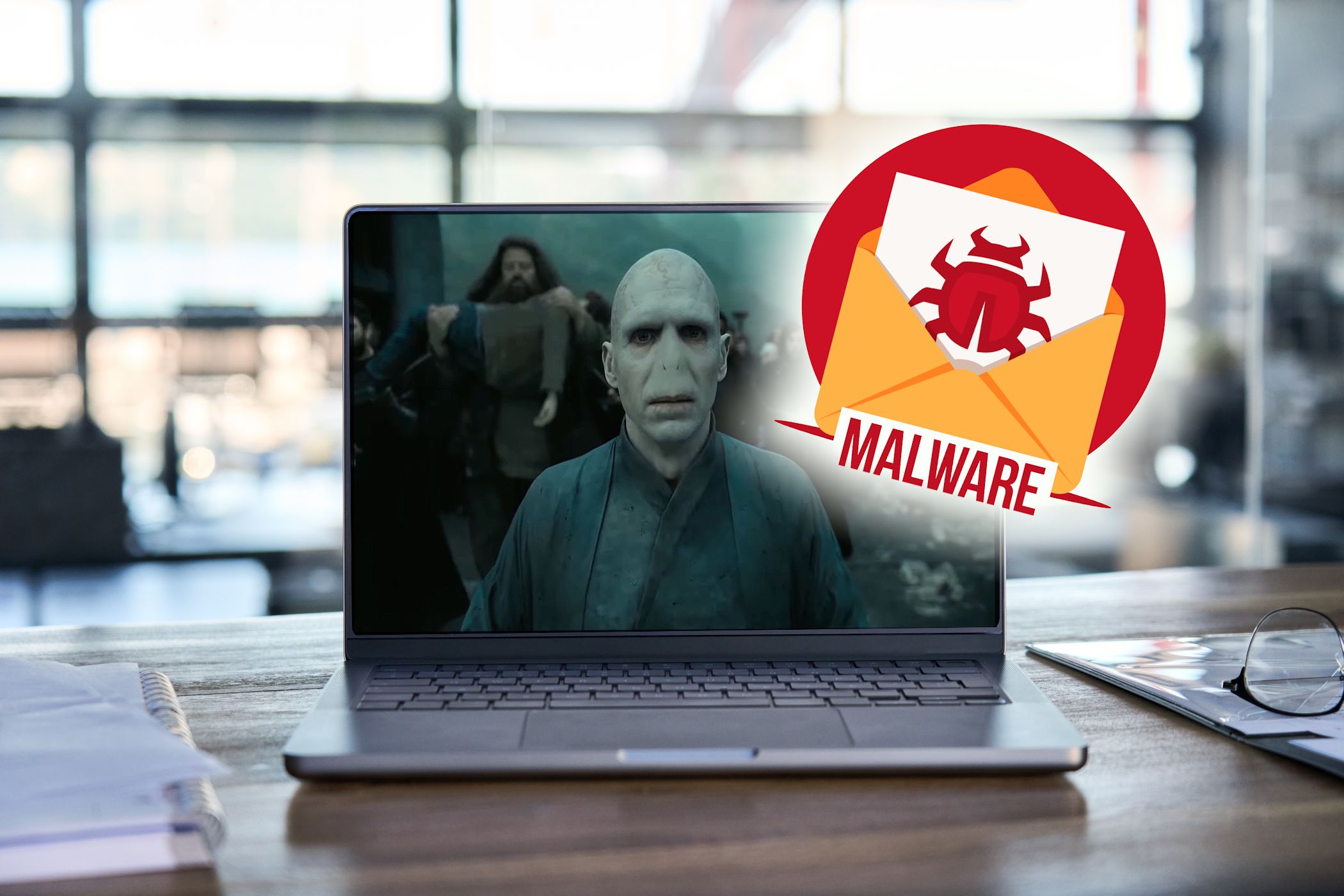
Exploring the dark web with good intentions doesn’t shield you from stumbling across deeply disturbing or illegal content. Unlike the surface web, which is moderated to some degree, the dark web is largely unregulated. Clicking a link that seems harmless could lead you to graphic imagery, exploitative material, or violent media.
Dark web directories are often intentionally disorganized or misleading. If you know how the dark web works or use it frequently, you’ll have experienced this. A site that looks like a privacy-focused forum might redirect you to something entirely different. In some jurisdictions, viewing certain types of content can result in legal consequences. Beyond the legal risk, many report lingering psychological distress after accidental exposure, especially when graphic or predatory content is involved.
6
High Risk of Malware and Cyberattacks

Hackers thrive on the dark web, and unprepared visitors are easy targets. Malware, spyware, keyloggers, and ransomware are often embedded in files or links that appear as legitimate resources. One careless click can compromise your entire system.
Unlike mainstream websites that typically avoid hosting malware and endangering users, some dark web platforms host infected downloads intentionally. Some files are booby-trapped to infect systems the moment they’re opened, particularly on sites mimicking popular tools or privacy apps.
Many dark web sites operate on outdated or unpatched platforms, making them more vulnerable to exploitation. While tools like Tor can hide your IP address, they don’t protect you from infected downloads or malicious scripts.
Some hackers actively target casual users, knowing they’re more likely to make rookie mistakes. Your data could be harvested, your accounts breached, or your device enrolled in a botnet within hours of visiting the wrong site.
5
Attracting the Attention of Law Enforcement
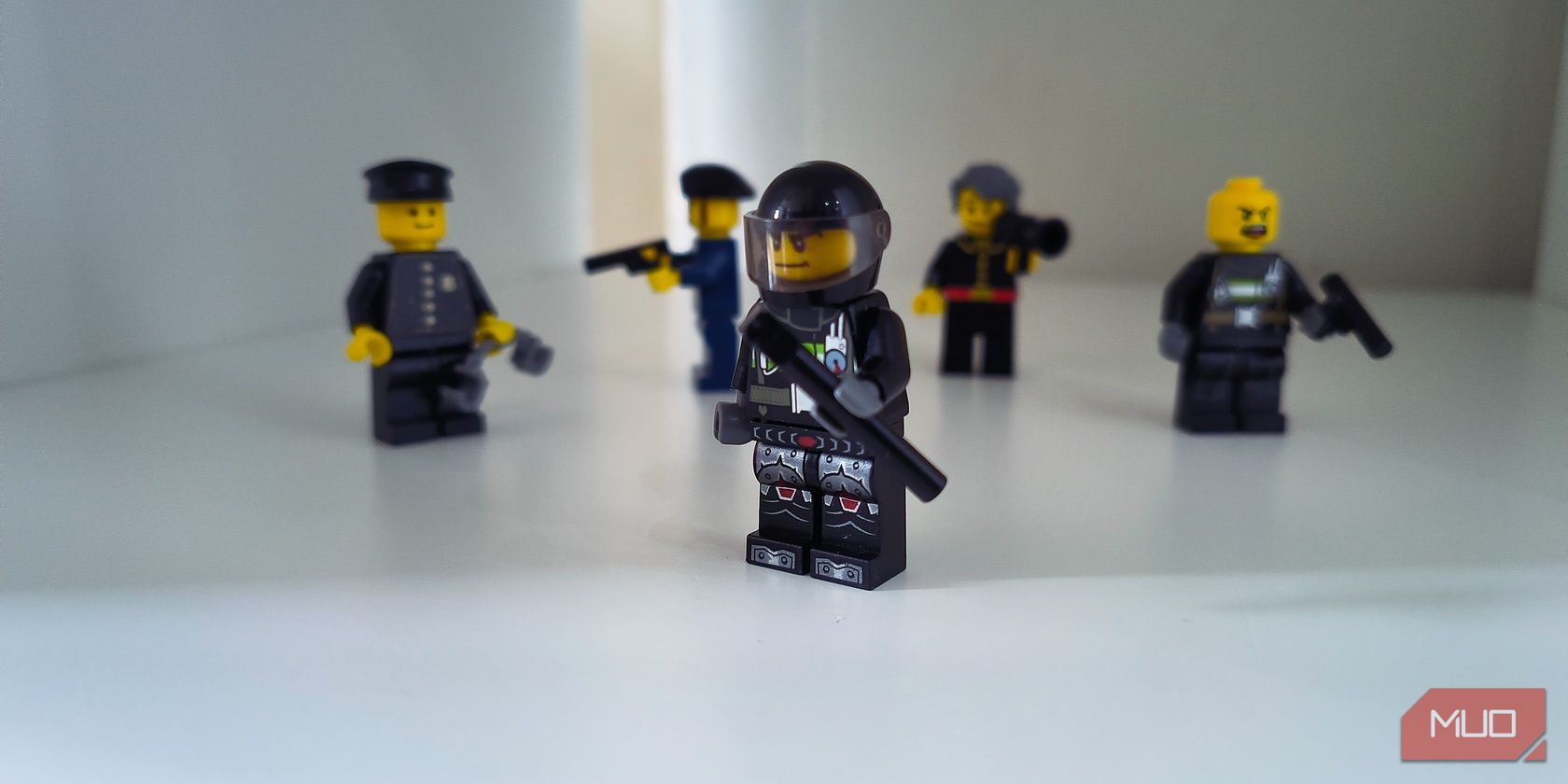
Just visiting the dark web can put you on the radar. Law enforcement agencies around the world, including the FBI and Europol, actively monitor known dark web hubs. Even if you’re doing nothing wrong, traffic to certain websites (or regular use of tools like Tor) can raise questions.
As far back as 2014, the NSA already had systems that log and tag Tor users as surveillance targets, per a Wired report. In other words, using the dark web can draw attention. Authorities often use browser fingerprinting, time correlation attacks, and zero-day exploits to identify users.
Being flagged doesn’t mean you’re guilty, but it can complicate your digital footprint. Law enforcement may collect metadata over time to build profiles of suspicious behavior. Even if you’re never contacted, your activity could be stored and referenced in unrelated investigations later, particularly in jurisdictions where digital surveillance is aggressive and long-term.
4
Scams and Fraud Are Everywhere
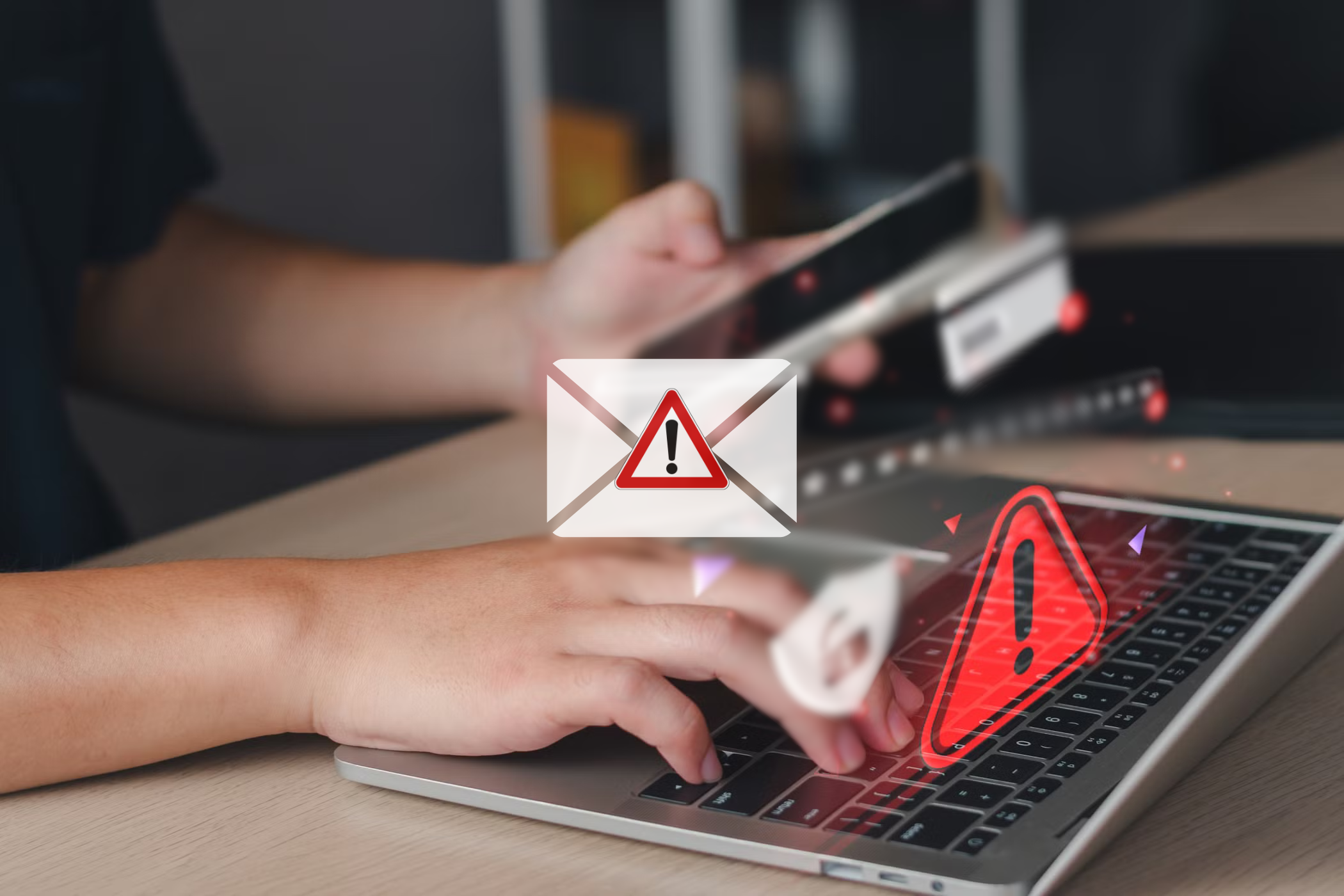
Scammers flourish in the anonymity of the dark web. Whether you’re exploring forums, using tools, or browsing marketplaces, deception is a constant risk.
You don’t need to engage in transactions to get caught. Phishing pages, fake login portals, and malware-laced services are often disguised as community resources. Even the act of trying to learn can land you on a spoofed site designed to harvest your data or siphon cryptocurrency.
And when you do get scammed, there’s little to no recourse. No customer support, no platform accountability, and certainly no legal help.
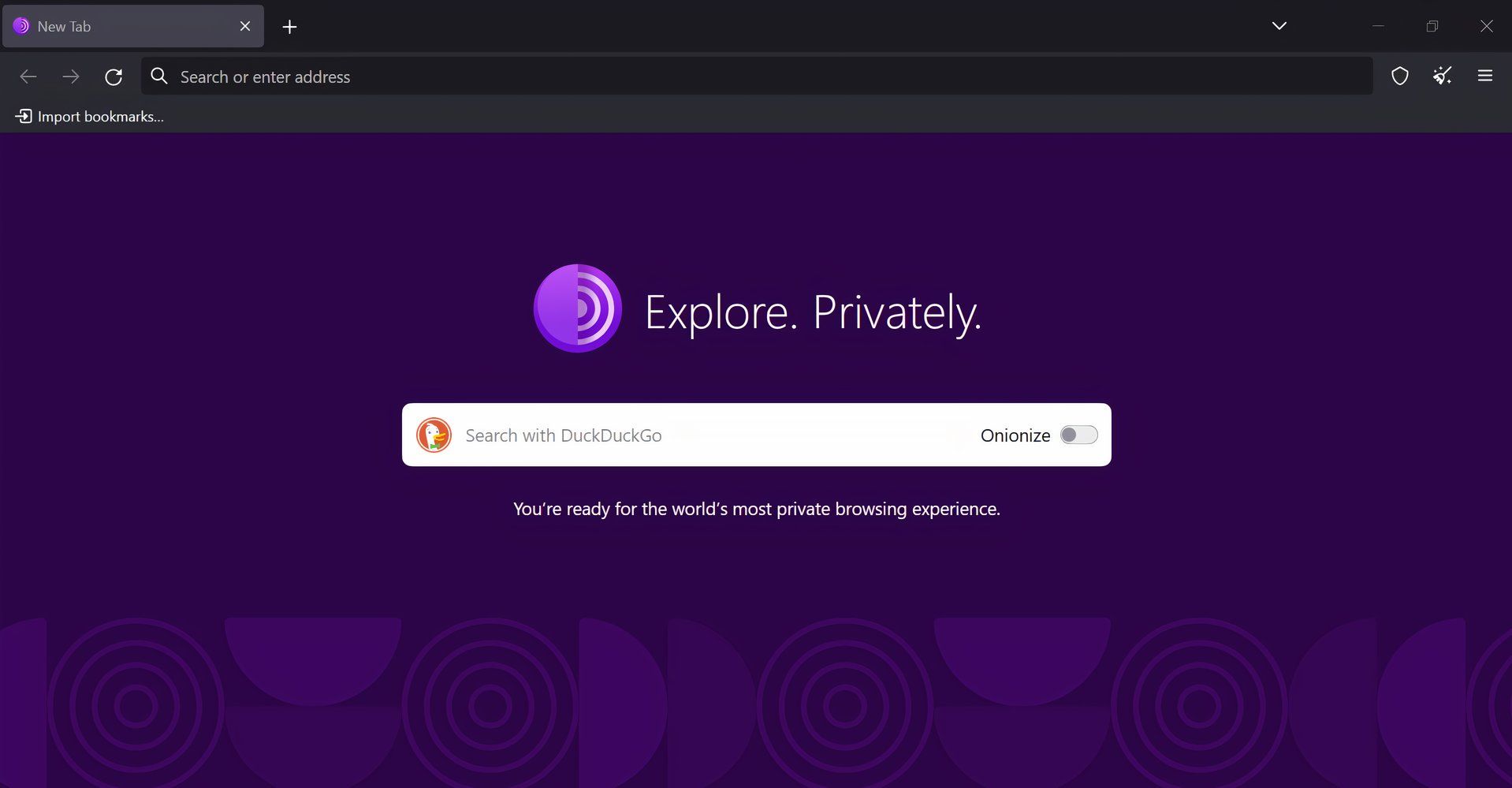
Tor, VPNs, and encryption tools are powerful, but they’re not invincible. A single misstep can expose your identity, even if you’re using the most privacy-respecting tools available.
Tor protects your location but not your behavior. If your browser isn’t properly configured or if you access surface web links, you may leak identifying information.
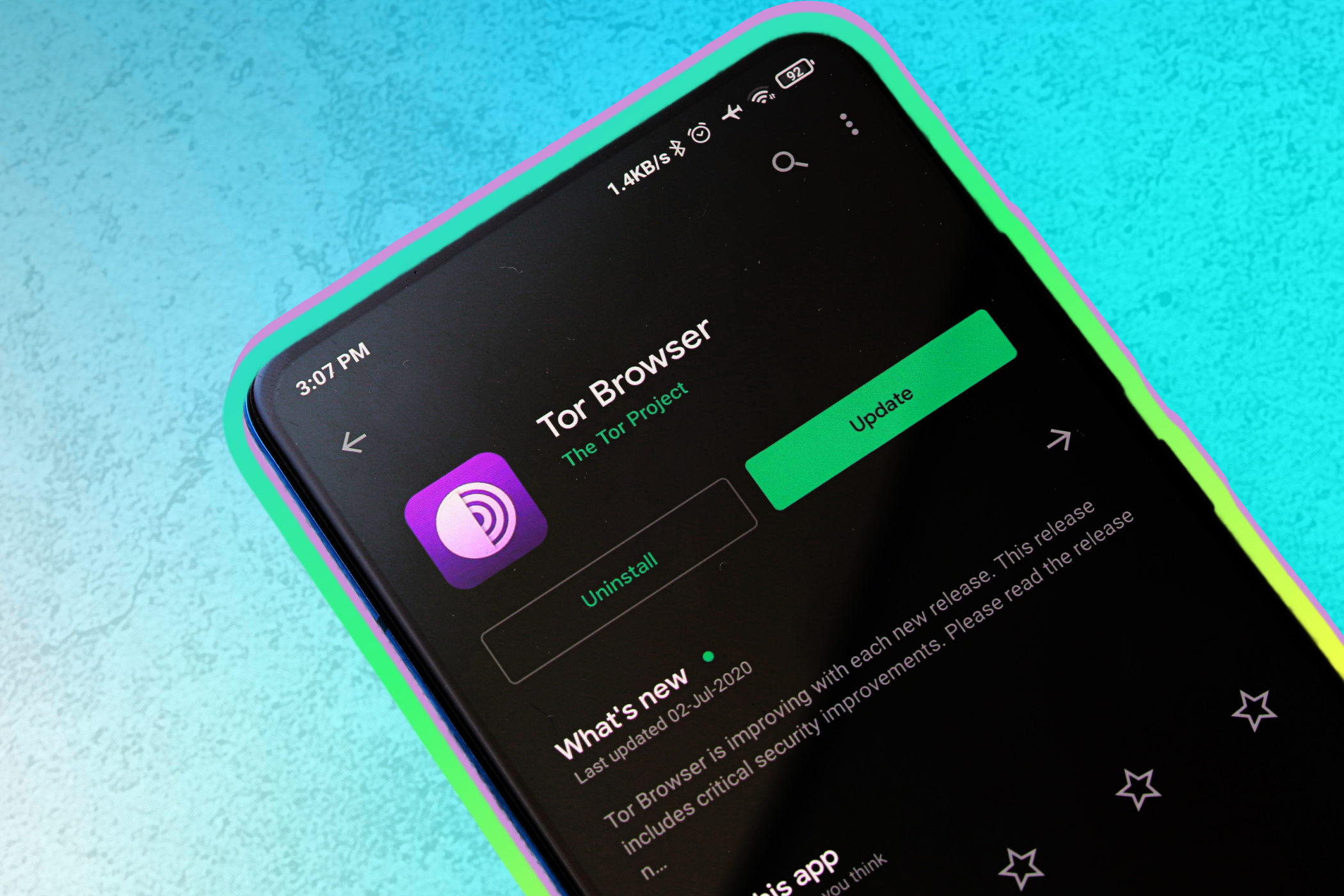
Related
How to Access the Dark Web Safely and Anonymously
There are the crucial steps you need to take if you want to know how to access the dark web in a safe and anonymous way.
Browser fingerprinting, WebRTC leaks, and improper DNS configuration can all compromise anonymity. Many users assume that Tor is completely secure, but combining it with poor habits or risky clicks defeats its protections.
Even experts make mistakes. Resizing a browser window, enabling JavaScript, or downloading the wrong file can be enough to give away your identity. Law enforcement agencies have developed advanced de-anonymization techniques.
A Harvard student tried to stay anonymous by using Tor and Guerrilla Mail to send a bomb threat in 2013. However, as The Harvard Crimson noted, they were tracked down after using the campus network to access Tor.
2
Unintentional Legal Violations
You don’t have to consciously commit crimes to break the law. On the dark web, it’s alarmingly easy to violate legal boundaries without realizing it. Accessing certain marketplaces, downloading unknown files, or interacting in the wrong forum can be illegal depending on where you live.
In some countries, clicking on a link to prohibited material is enough to face consequences, even if you didn’t know what was behind it. Sharing or reposting content can also be interpreted as distribution, which carries severe penalties.
Much of the dark web is vague and poorly labeled, which makes it difficult to know what you’re seeing or downloading until it’s too late. By the time you realize what’s happened, you could already be in legal jeopardy.
Ignorance is not always a valid defense. Laws related to child exploitation, terrorism, and contraband often operate under strict liability. That means intent might not matter in determining whether you’ve broken the law.
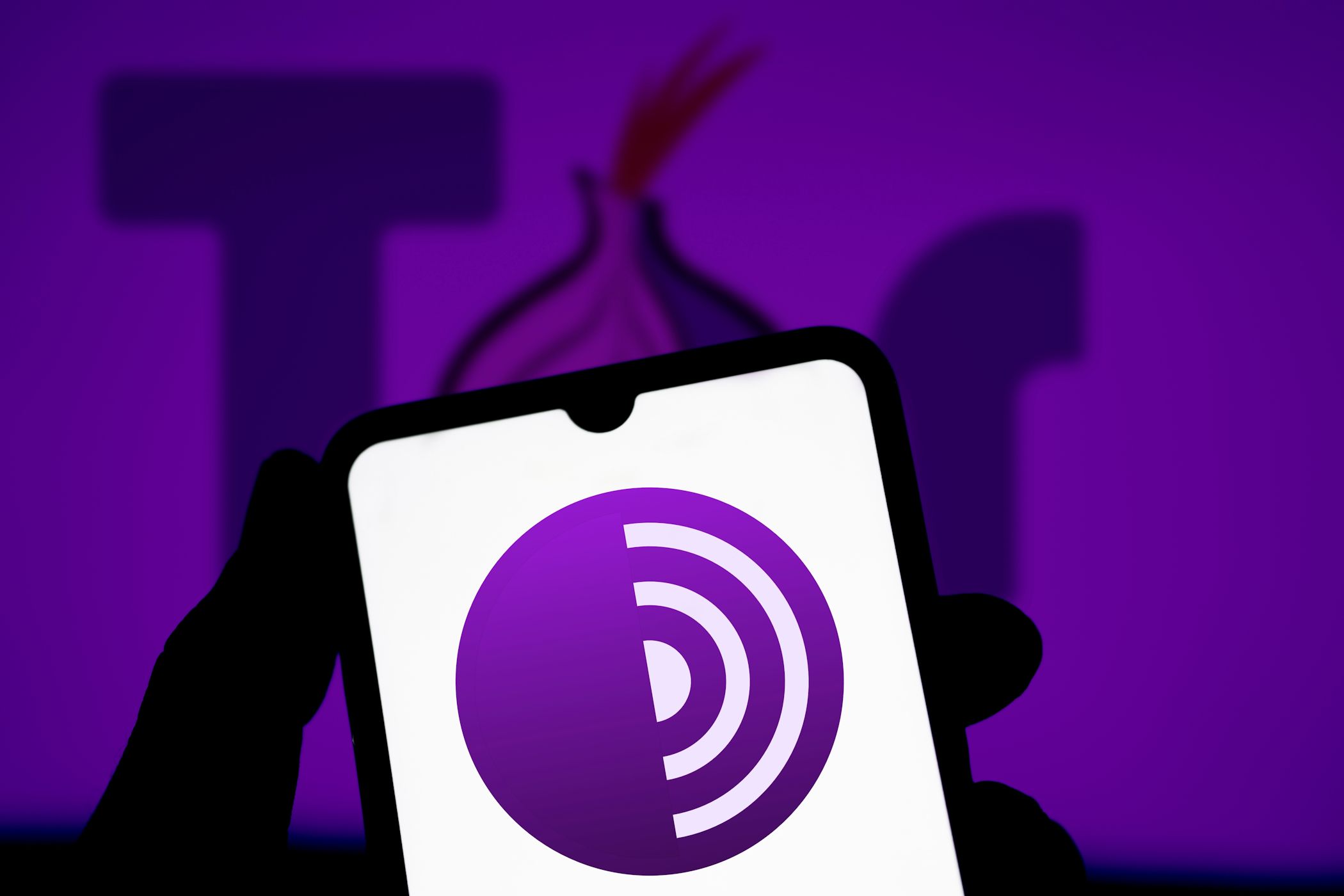
Related
How I Use the Dark Web Without Doing Anything Illegal
You can use the dark web without encountering any scary or illegal content; you just have to know where to go.
1
Psychological and Emotional Risks

The dark web isn’t just technically dangerous—it can be emotionally damaging. Even brief exposure to its darker content can lead to anxiety, stress, or emotional distress.
It’s a space where trust doesn’t exist and where some of the internet’s most disturbing content is a click away. Whether it’s graphic violence, disturbing ideologies, or content that should never have been shared, what you encounter can stick with you long after you log off.
Navigating the dark web also means constantly looking over your shoulder and double-checking every link and interaction. That persistent paranoia and tension can erode your peace of mind. Some users even report changes in their worldview or sense of safety after prolonged exposure.
The dark web might seem mysterious and even exciting, but it’s far from harmless. Even if you’re not doing anything illegal, just being there can open the door to malware, scams, legal trouble, and emotional distress. Curiosity isn’t protection. If you step into the dark web without knowing what you’re doing, you may come away with more than you bargained for.








